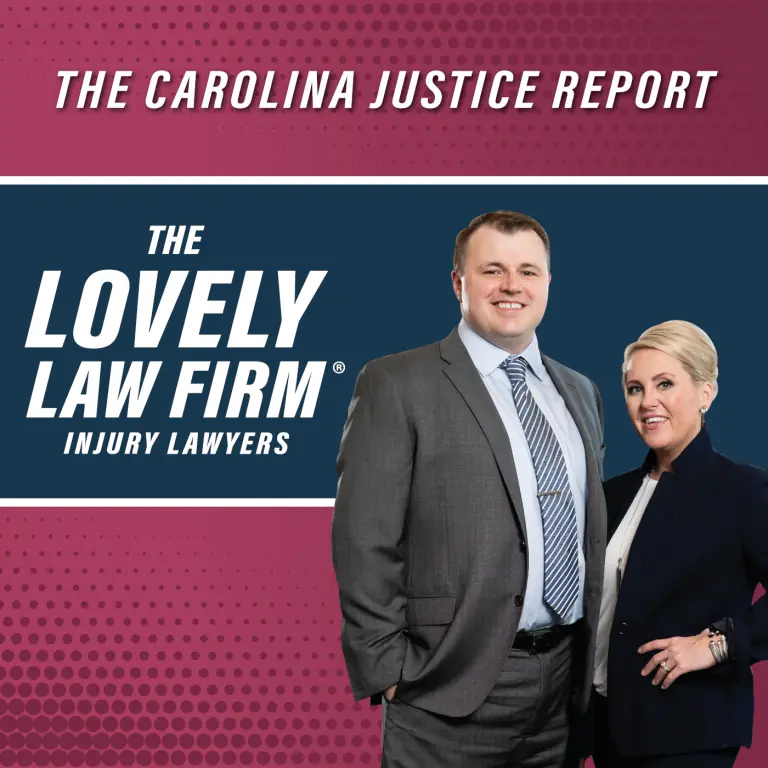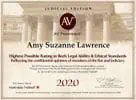A Brief Introduction to Punitive Damages
Punitive Damages may be available in your civil suit. When an individual is injured in an automobile accident, he or she can file a personal injury suit to recover damages incurred as a result of the at-fault driver’s negligence. The most common types of damages sought are called “compensatory” damages, which seek to compensate the victim for damages and injuries caused by the accident. Such damages include medical expenses, pain and suffering, emotional distress, property damage, and lost wages. Another category of damages exists, however, for behavior that is particularly reprehensible. These are classified as “punitive” damages.
Definition of Punitive Damages
Punitive damages (also known as exemplary damages) serve two purposes:
- To punish a defendant for reckless conduct; and
- To deter similar wrongful conduct in the future.
Punitive damages are usually very large sums of money, and are often awarded when a judge or jury feels that compensatory damages are inadequate in compensating the injured party.
When Punitive Damages Can Be Sought
Punitive damages are not awarded in every personal injury case. Rather, these damages are reserved for cases in which the at-fault driver’s conduct was particularly reprehensible. When an at-fault driver acts in a manner that constitutes a conscious disregard for the safety of others, punitive damages may be awarded to the injured party.
When considering whether to award a victim punitive damages, a judge or jury will consider a variety of factors including, but not limited to:
- The severity of the injuries the victim sustained;
- The degree of reprehensibility of the action which caused the injury;
- The comparative negligence of the injured party (the extent to which the injured party contributed to the accident);
- The ability of the defendant to pay punitive damages.
Limits to Punitive Damages in South Carolina
Limits have been placed on damage awards by the S.C. Legislature. If a jury finds that punitive damages are appropriate, it can award an amount up to three (3) times the amount awarded during the compensatory damages determination, or $500,000, whichever is greater. However, if the jury finds that either:
“1) the wrongful conduct proven under this section was motivated primarily by unreasonable financial gain and determines that the unreasonably dangerous nature of the conduct, together with the high likelihood of injury resulting from the conduct, was known or approved by the managing agent, director, officer, or the person responsible for making policy decisions on behalf of the defendant; or (2), the defendant’s actions could subject the defendant to conviction of a felony and that act or course of conduct is a proximate cause of the plaintiff’s damages” the jury may award four (4) times the amount of compensatory damages, or $2 million, whichever is greater.
However, If the court finds that if any of the following apply, the cap will be waived entirely:
“(1) at the time of injury the defendant had an intent to harm and determines that the defendant’s conduct did in fact harm the claimant; or
(2) the defendant has pled guilty to or been convicted of a felony arising out of the same act or course of conduct complained of by the plaintiff and that act or course of conduct is a proximate cause of the plaintiff’s damages; or
(3) the defendant acted or failed to act while under the influence of alcohol, drugs, other than lawfully prescribed drugs administered in accordance with a prescription, or any intentionally consumed glue, aerosol, or other toxic vapor to the degree that the defendant’s judgment is substantially impaired.”
Proving Recklessness
In order to be awarded punitive damages, an injured party must be able to prove by clear and convincing evidence that the at-fault driver acted in a reckless manner. Recklessness is defined by Black’s Law Dictionary as “Conduct whereby the actor does not desire harmful consequence but . . . foresees the possibility and consciously takes the risk.” In other words, an individual is reckless when he or she does not care about the consequences of his or her actions.
Time is Limited—Contact the Lovely Law Firm Today!
Statutes dictate how much time an injured party has to file a lawsuit after being injured in an automobile accident. Generally, In South Carolina, the statute of limitations for filing a personal injury suit is three years from the date of the injury. Thus, it is crucial that a personal injury suit be filed as soon as possible, as a lawsuit filed after the three-year statute of limitations will not be considered by a court.
If you have been injured in a car accident and feel that you might be entitled to punitive damages, we at The Lovely Law Firm would love to assist you. To schedule a case evaluation at no charge, please call (843) 839-4111.







